Challenge to solve :
------------------------------
Effective working from home requires effective socialization.
An average office worker regularly interacts and communicates with a handful of colleagues. Each colleague is an individual. In a physical office environment, the individuality is unmistakable. The human brain compartmentalizes the individual nature of each colleague, and thus optimizes itself to effectively communicate and socialize with them.
However, while working from home, the individual characteristics is blurred, as each colleague is an avatar on the computer screen. The brain slowly stops treating them as individuals, and often merge them as a single entity. This creates a massive negative impact on communication and socialization. Often, email attachments are sent to wrong colleague, or times of meeting with different colleagues are mixed up.
Solution to problem :
-------------------------------
Perhaps some workers can organize all these things themselves, but it would be better to have a computer to do these peripheral tasks.
Cluster computing is routinely used in engineering. Why not use it for social / communication needs ?
A cluster computer is used to separate the communication streams with different colleagues in different computational units.
Each colleague gets a dedicated "module". Each module has a dedicated RTC, a dedicated display screen, two dedicated processor cores ( to run PIM / AI softwares) , two dedicated storage units, and an unique "address" to call to.
Every email from a particular colleague is automatically forwarded to the specified module, and the attachments are stored in its own storage. These attachments will never come in touch with other modules and their storages. This way sandboxing, and data security is also established.
Every call from a particular colleague is also forwarded to the specific module. If it is a video call, it's dedicated display module is activated.
The RTC module keeps track of time spent with individual colleague.
Various other electronics can be added as well.
Each colleague is thus associated with an unique address. The colleague does not have to know the address. Any call / mail / video conference is automatically routed to this address.
For highly trusted colleagues, I can give them such addresses so that they can prioritize themselves.
A simple UI can be used to assist with this work.
 Sean S Con
Sean S Con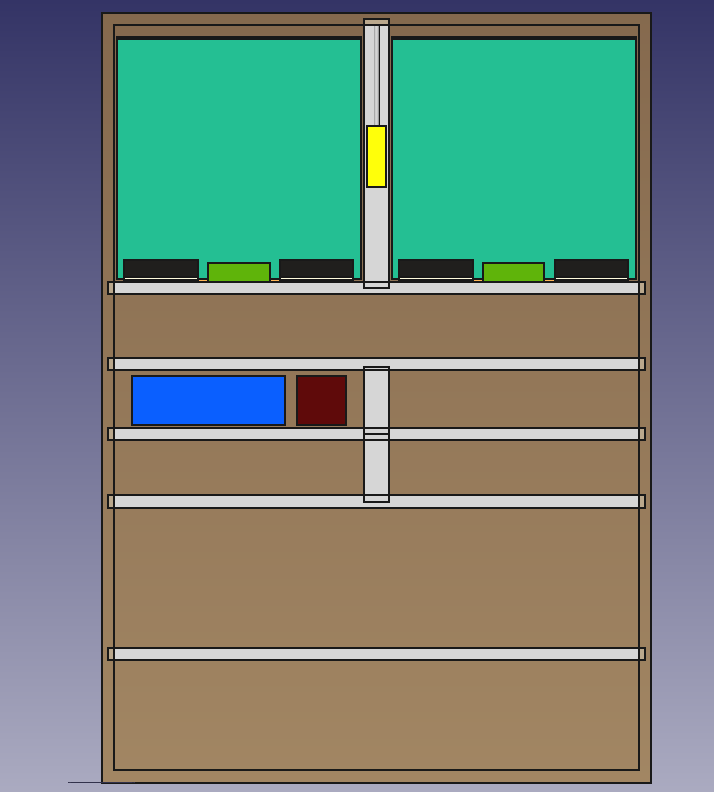
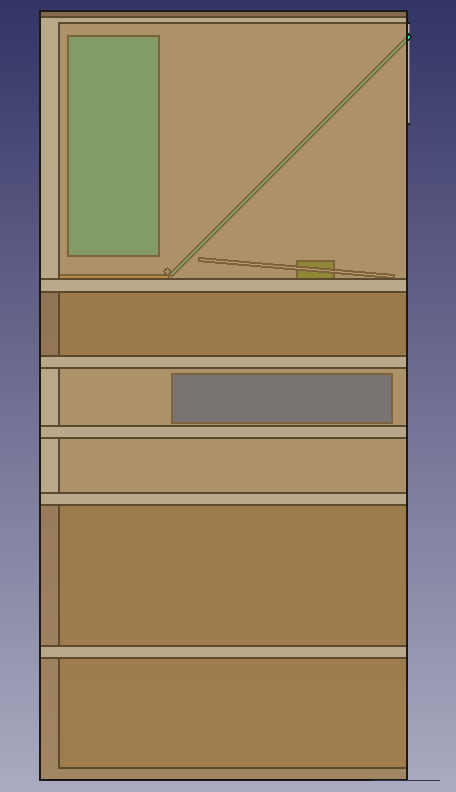
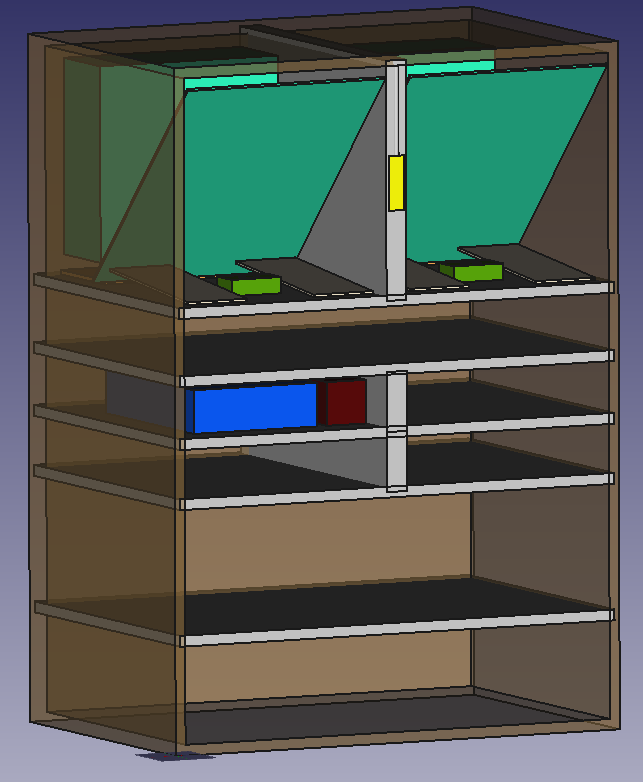
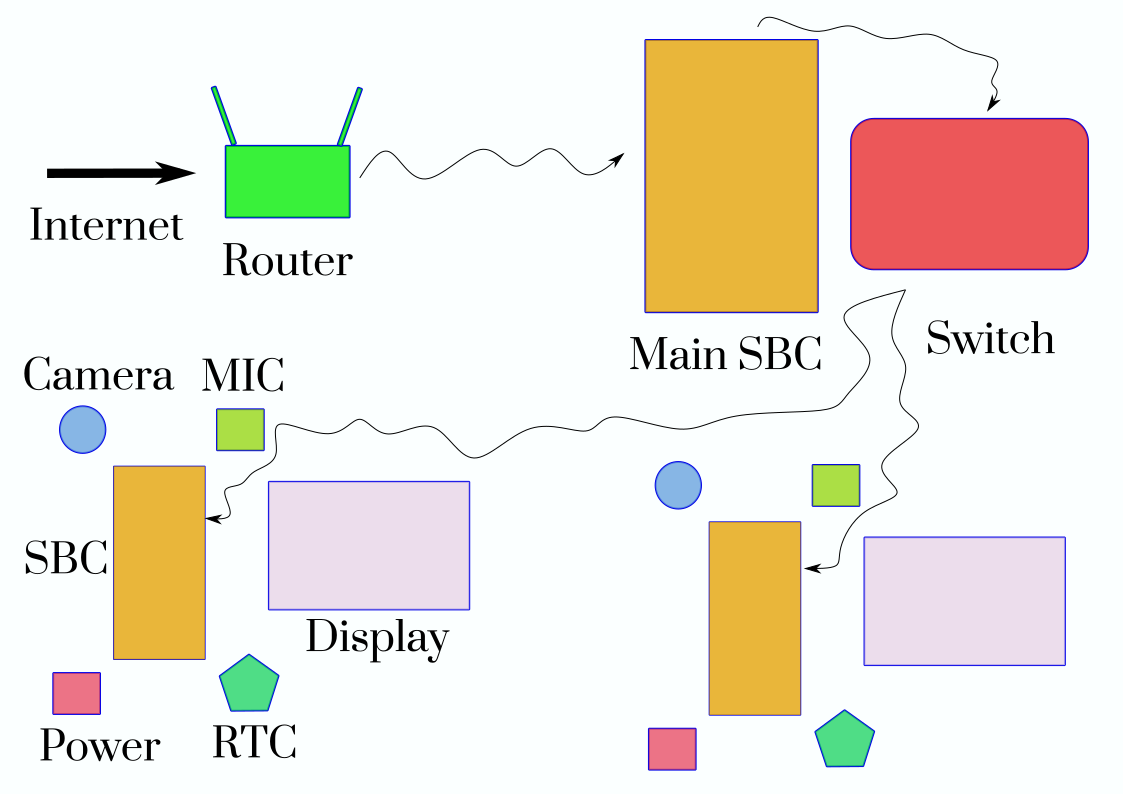
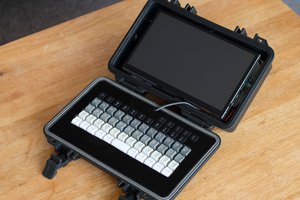
 jefmer
jefmer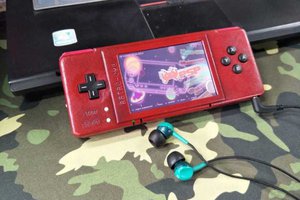
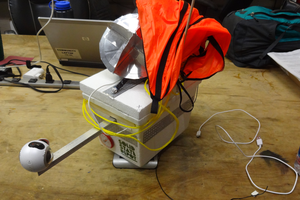
 Dan Julio
Dan Julio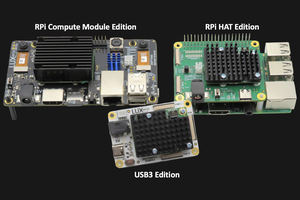
 Brandon
Brandon